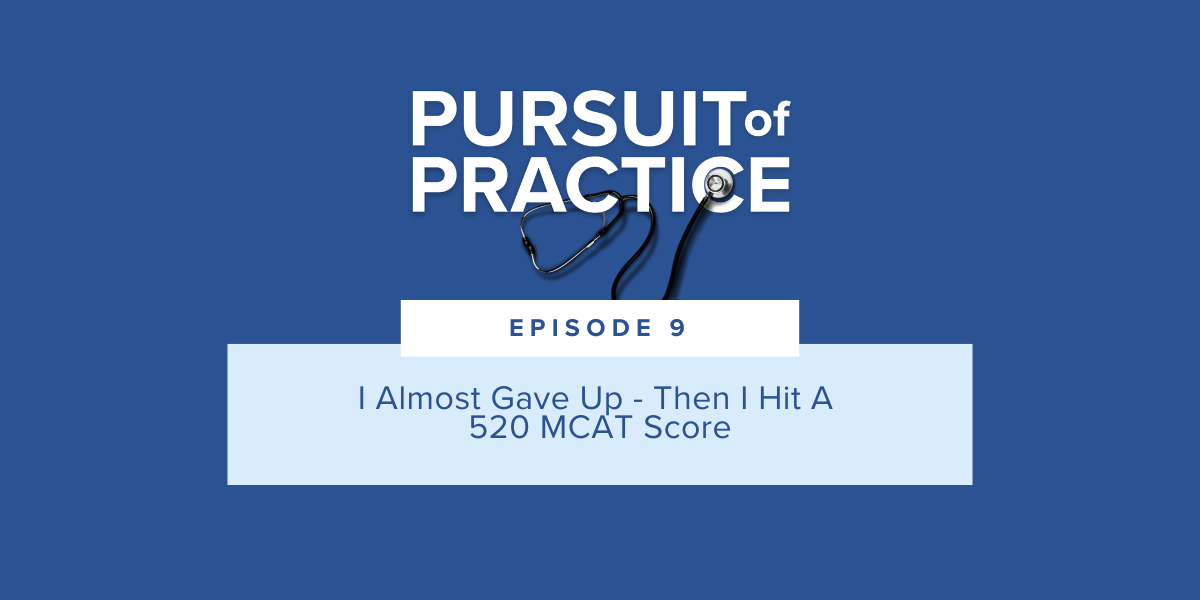The MCAT is not just a test of rote memorization. It is designed to evaluate how well you can integrate and apply knowledge across multiple disciplines. The exam features passages that blend scientific principles with real-world applications, requiring you to think critically and make connections between subjects. Understanding the interdisciplinary nature of MCAT passages can give you a strategic edge, allowing you to approach the test with confidence and efficiency.
Understanding the Interdisciplinary Approach of MCAT Passages
The MCAT consists of four sections, each assessing different aspects of interdisciplinary reasoning:
- Chemical and Physical Foundations of Biological Systems (Chem/Phys)
- Critical Analysis and Reasoning Skills (CARS)
- Biological and Biochemical Foundations of Living Systems (Bio/Biochem)
- Psychological, Social, and Biological Foundations of Behavior (Psych/Soc)
Each section requires you to integrate concepts from multiple scientific fields. For example, an MCAT passage in the Bio/Biochem section might involve biochemical pathways but also include experimental data that require knowledge of statistical reasoning.
Similarly, a Psych/Soc passage may incorporate principles of neurobiology alongside sociological theories. The key is to recognize these interdisciplinary connections and use them to enhance your problem-solving approach.
Sign up to get expert tips and exclusive invites to free MCAT classes and medical school admissions workshops!
Strategies for Tackling Interdisciplinary MCAT Passages
1. Recognize the Multi-Disciplinary Nature of Each Passage
When approaching an MCAT passage, identify the different subject areas being tested. Ask yourself:
- Does this passage involve concepts from more than one field?
- What prior knowledge do I have that can help me understand this passage?
- How does the passage integrate different disciplines?
Recognizing these interdisciplinary elements will help you approach the passage systematically and avoid feeling overwhelmed.
2. Strengthen Your Conceptual Understanding
Memorization alone will not be enough for interdisciplinary passages. The MCAT tests your ability to apply fundamental principles in unfamiliar contexts. To build this skill:
- Master foundational concepts in chemistry, physics, biology, biochemistry, psychology, and sociology.
- Practice applying these concepts in different scenarios to understand their real-world relevance.
- Use active learning strategies like concept mapping to visualize how different disciplines connect.
Further Reading
3. Improve Your Data Interpretation and Critical Thinking Skills
Many interdisciplinary MCAT passages present figures, graphs, and tables. Being able to quickly interpret data is crucial. To enhance these skills:
- Practice identifying trends in graphs and understanding experimental design.
- Develop the habit of annotating key findings from figures before answering questions.
- Strengthen your ability to evaluate hypotheses and draw conclusions from data.
4. Develop Effective Passage Reading Techniques
Because MCAT passages can be dense, it is important to develop strong reading strategies. Try the following:
- Skim strategically. Identify the main idea, key concepts, and any figures or tables.
- Look for connections. Recognize how different concepts within the passage relate to each other.
- Predict the types of questions that might follow. This can help you focus on relevant details.
In the CARS section, this skill is particularly crucial, as passages often combine philosophical, historical, and scientific perspectives. Practicing active reading techniques will improve your comprehension and efficiency.

5. Practice with Interdisciplinary Passages
The best way to prepare for interdisciplinary MCAT passages is through targeted practice. Use resources that feature passages integrating multiple disciplines, such as:
- Official AAMC materials, which provide the most accurate representation of MCAT-style questions.
- Third-party MCAT prep books and question banks that include passages with mixed subject matter. Blueprint MCAT Prep has a comprehensive set of resources that will prepare you for passages like these!
- Scientific journals and articles that present real-world research combining different fields.
When reviewing practice passages, pay attention to the reasoning behind correct and incorrect answer choices. This will help you refine your approach and improve your test-taking strategy.
Applying Interdisciplinary Thinking Beyond the MCAT
The ability to integrate knowledge across disciplines is not only crucial for the MCAT but also for success in medical school and beyond. Medicine is inherently interdisciplinary, requiring physicians to combine biological knowledge with psychological, social, and ethical considerations when treating patients. Developing strong interdisciplinary thinking skills now will serve you well in your future medical career.
Final Thoughts
Navigating the interdisciplinary nature of MCAT passages can be challenging, but with the right strategies, you can master this aspect of the exam. By strengthening your conceptual understanding, improving data interpretation skills, and practicing interdisciplinary reasoning, you will be well-prepared to tackle the MCAT with confidence. Remember, the goal of the MCAT is to assess your ability to think critically and make connections between disciplines, skills that will ultimately make you a more effective future physician.
With consistent practice and a strategic approach, you can turn interdisciplinary passages into an opportunity to showcase your problem-solving abilities and excel on the MCAT.
And if you need more MCAT guidance, Blueprint MCAT experts are here to help. Whether you need the flexibility of a Self-Paced Course, the instruction of a live 515+ Course, or the 1:1 attention of a private MCAT tutor, Blueprint MCAT has the MCAT prep option that works for your learning style!
Get started with a free MCAT diagnostic, one free practice exam, and tons more MCAT prep resources.




